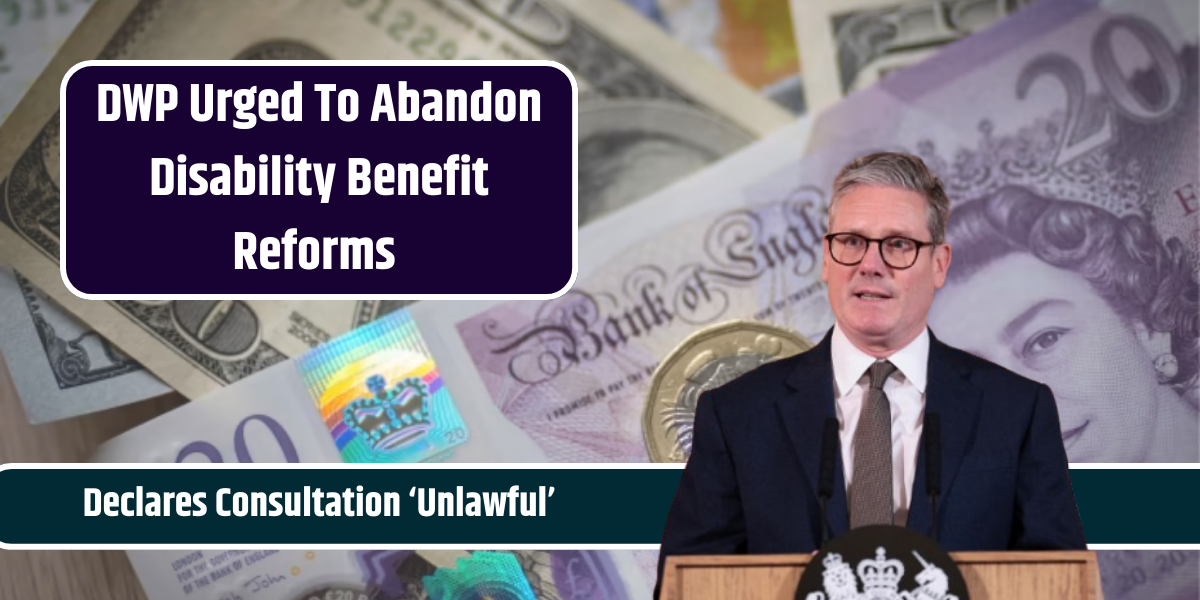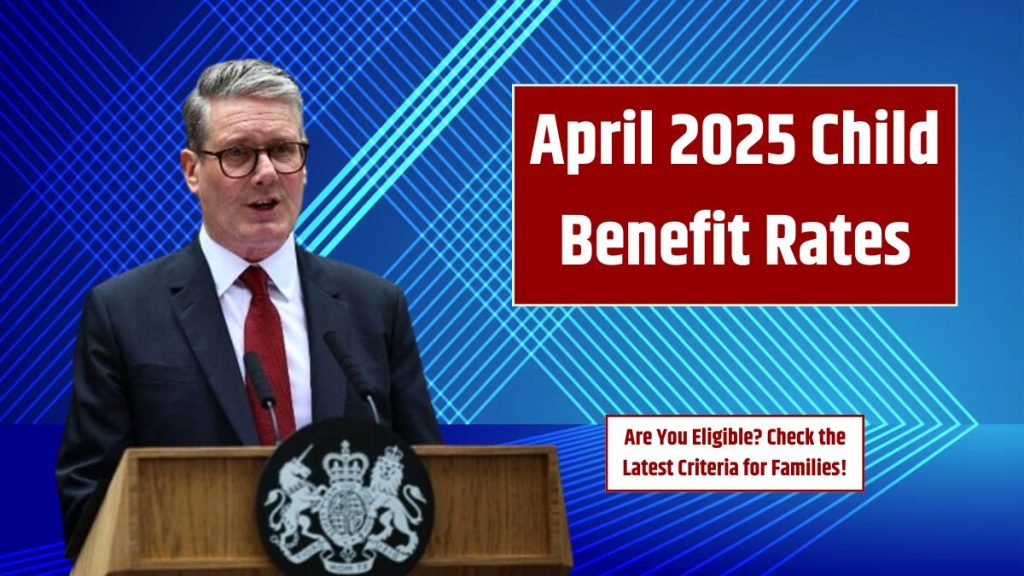The Department for Work and Pensions (DWP) must revise its proposed changes to disability benefits following a High Court ruling that deemed the initial consultation process “misleading and unfair.” This decision marks a significant victory for disability rights campaigners, emphasizing the need for transparency and fairness in reforms affecting vulnerable populations.
High Court Ruling on Consultation Flaws
The High Court criticized the government’s handling of the consultation process for reforming the Work Capability Assessment (WCA), highlighting several key failings:
- Misrepresentation of Proposals
The consultation did not clearly outline that the proposed changes would lead to significant benefit reductions for an estimated 424,000 disabled individuals, potentially cutting up to £416.19 per month for some claimants. - Insufficient Consultation Period
The eight-week period for gathering feedback was deemed inadequate, particularly given the profound impact of the proposed reforms. The court described this as both “unfair” and “unlawful.” - Failure to Communicate Impacts
Crucial information, such as the shift from voluntary to compulsory work-related activities and the resulting income reductions, was not properly conveyed to stakeholders.
Details of the Proposed Reforms
The government’s initial proposals aimed to tighten welfare eligibility, with a focus on reducing long-term disability claims. Key elements included:
- Moving 400,000 disabled individuals into work-related activities by 2028/29.
- Reducing welfare costs by an estimated £3 billion.
- Replacing voluntary activities with mandatory ones for many claimants.
Critics argue that these changes prioritized cost-cutting over meaningful support, with internal estimates suggesting that 100,000 highly vulnerable claimants could fall into absolute poverty by 2026/27.
Reactions from Campaigners and Advocates
Disability rights activist Ellen Clifford, who led the legal challenge, hailed the ruling as a pivotal victory, describing the proposed reforms as a potential “life or death issue” for many claimants. Clifford and other advocates are now urging the government to abandon these changes and focus on initiatives that prioritize the well-being of disabled individuals.
Legal experts and organizations such as the Public Law Project welcomed the verdict, emphasizing the importance of meaningful consultations that genuinely engage with disabled individuals and advocacy groups.
Political Implications
The ruling also poses challenges for the Labour Party, which had previously pledged to implement the reforms despite their controversial nature. Shadow Chancellor Rachel Reeves reiterated Labour’s commitment to achieving the projected £3 billion savings but faces growing pressure from campaigners to reconsider the proposed changes.
Linda Burnip of Disabled People Against Cuts urged Labour to avoid repeating the perceived failures of the Conservative government. The upcoming disability benefits consultation, scheduled for release in spring, will be closely watched for signs of a more transparent and inclusive approach.
Broader Impacts and Next Steps
The High Court’s judgment underscores the importance of fairness and transparency in policymaking, particularly when addressing the needs of vulnerable populations. Disability advocacy groups such as Scope and the Public and Commercial Services Union have called for the government to abandon the proposed changes and develop reforms through genuine collaboration with stakeholders.
In response to the ruling, a government spokesperson pledged to address the shortcomings identified in the consultation process. The DWP plans to launch a revised consultation that incorporates public and stakeholder feedback, aiming to strike a balance between fiscal sustainability and effective support for those transitioning into employment.
Moving Forward
While the DWP reconsiders its approach, campaigners and advocacy groups remain vigilant, pushing for reforms that genuinely support disabled people rather than prioritizing budget cuts. This ruling highlights the critical need for meaningful engagement with affected communities to create fair and effective policies.
What was the main issue with the DWP’s consultation process?
The consultation was criticized for being misleading, failing to explain the full impact of the proposed changes, and not allowing sufficient time for feedback.
How would the proposed reforms impact claimants?
The changes could reduce benefits for approximately 424,000 individuals, with some losing up to £416.19 per month. Critics warned that this could push many into poverty.
What happens next after the High Court ruling?
The DWP plans to revise its consultation process to address the court’s concerns, ensuring greater transparency and engagement with stakeholders.










